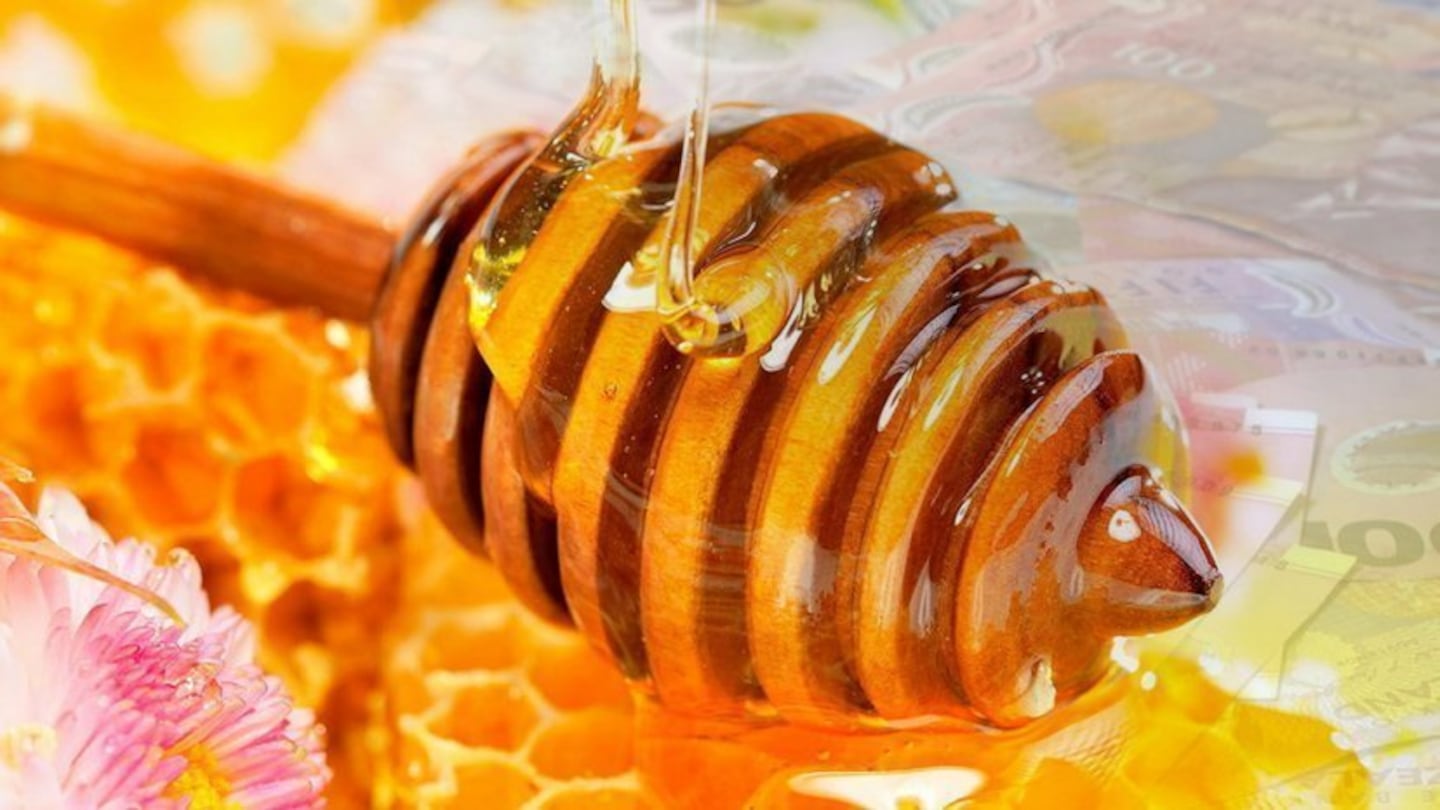It is believed the islands' unique bees and flora will give its honey unique properties. Photo / File
Scientists at the University of Waikato are testing honey from the Chatham Islands to see if it has unique properties.
The government is backing the project with $61,000 of funding from the Sustainable Food and Fibre Futures fund.
Chathams beekeeper and owner of Go Wild Apiary Kaai Silbery was the first to sell honey from the island commercially. She said she knows the honey is special, but wants to prove it scientifically.
"We are one of the few places in the world that has disease-free bees. British black bees were first brought here in the 1800s, then in the 1960s, '70s and '80s.
"My great uncle Mana Cracknell, who was the kaumātua beekeeper on the island along with others, introduced the Italian honey bee to diversify the DNA.
"That, along with the fact we have 47 endemic plant species on the island that are found no where else in the world - at my apiary we target the Tarahina tree specially - so we think those two factors will show honey produced on the island will be unique to honeys from the mainland."
Silbery said proving the unique properties of the honey will make it stand out against others and help with marketing.
University of Waikato masters student Simon Winship, who is surveying the composition and potential bioactivity of the islands' mono and multifloral honeys, said initial results look promising.
"We've almost finished preliminary testing of the first batch of samples I took at the beginning of my thesis and they're already showing a unique profile that's different to other honeys.
"It's really high-quality honey and it has unique trace eliminates from the endemic plants, so I'm excited to see the final results show."
Winship said the study will run until May next year.
-Sally Murphy, RNZ



